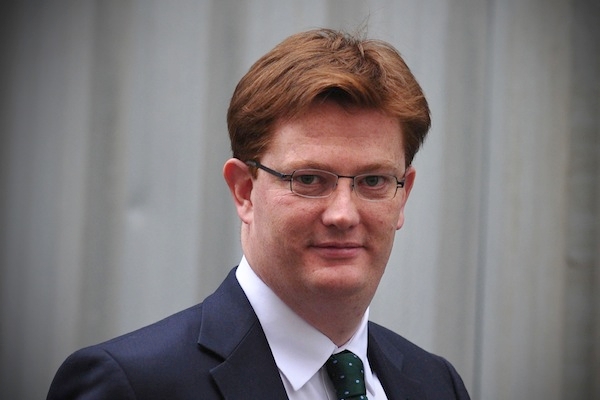This afternoon, Danny Alexander and Oliver Letwin launched something so sensible it’s astonishing governments haven’t been doing it before. They’re actually going to use evidence to determine which policies work. The idea is that a number of different centres in a new ‘What Works’ network will examine how effective policies really are, identifying which represent value for money and which don’t.
That begs the question of what on earth is happening at the moment when it comes to scrutinising policy. There is plenty of high-quality evidence swirling around that rarely even gets a mention when a policy is up for debate. But when politicians do mention it, they often cherry-pick it, twist it, or, er, simply invent it to support a position. This policy-based evidence-making (rather than evidence-based policy-making) is brilliantly described by Mark Henderson in his book The Geek Manifesto. As Letwin said of ‘What Works’ at today’s launch, ‘What is extraordinary is not that it’s been achieved, but that it didn’t exist hundreds of years ago.’ He described it not as a genius-inspired innovation, but as ‘blindingly-obvious stuff’.
But one of the problems that these new centres will face is actually generating data in the first place. When examining the cost-effectiveness of a drug, NICE is able to use data from randomised controlled trials (RCTs) conducted by pharmaceutical industry. There are limitations and problems with this data, but at least there are RCTs to draw on. In other policy areas, they simply aren’t conducted. The Education Endowment Fund has begun to address this in education, but how far will the other ‘What Works’ centres be allowed to go in their areas? Sentencing policy, for example, would massively benefit from properly-conducted trials, but it is not hard to imagine the negative headlines that would accompany random sentencing. Will this government — and future governments — be bold enough to stand by the trials when the inevitable attacks come? And can ministers be persuaded to hold off rolling out a cherished initiative until the results are in, and to abandon or modify it if they are unfavourable?
Fortunately one part of government is pushing hard for more RCTs — the Behavioural Insights Team or ‘Nudge Unit’, which has used them, for example, to find how text messages can increase the number of people paying their court fines before the bailiffs are sent in. Last June, it published a paper on how RCTs could be used across government, and one of the authors, Ben Goldacre, presented an excellent Radio 4 programme on the subject in January.
So ministers will need to take an evidence-based approach to evidence-based policymaking; by listening to what the Nudge Unit is telling them to do. That will mean that ‘What Works’ doesn’t end up as ‘A Plan That Flopped’.






Comments